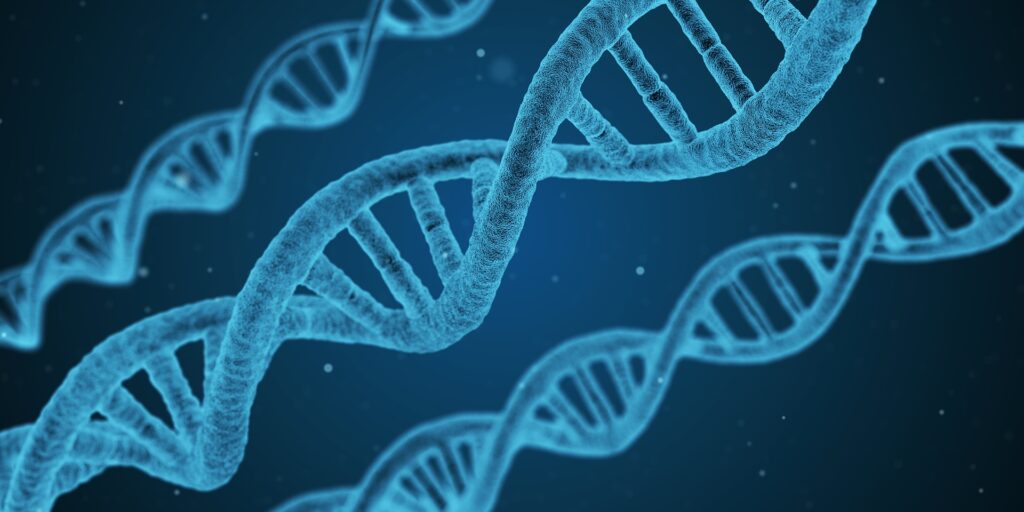A family in Aylesbury have recently received a rare disease diagnosis, after taking part in the Deciphering Development Disorders (DDD) study and 100,000 Genomes Project.
Test results for Emilia Burgess, 23, showed a variant change in the CHD5 gene. CHD genes carry out many important functions, including controlling the function of many other genes. They are therefore critical to development and genetic changes in these genes can cause neurodevelopmental disorders and intellectual disability (ID).
CHD5 related ID is very rare, with less than 100 people around the world currently known to have this condition.
The rare CHD5 variant has occurred de novo, meaning it is not found in other family members.
Emilia’s mum, Sarah Burgess, said: “Words can’t express how much the results mean to us as a family, including Emilia’s sister Darcie.
“For us, it doesn’t change how she is but explains who she is. It means knowledge.
“It’s just incredible to think what gene testing can do nowadays, and looking back we are humbled by the entire process and thankful for the dedication of Mr. Blair and his team over the many years to make sure we now have genetic answers.”
Emilia was first referred to Dr Ed Blair by her paediatrician.
Dr Blair, a Consultant Clinical Geneticist at Oxford University Hospitals NHS Foundation Trust and Medical Director for the Central and South Genomic Laboratory Hub, added: “I’m very pleased that Emilia and her family now have a diagnosis, ending their diagnostic odyssey.
“Genomic testing is providing diagnostic answers for families like Emilia’s, which can be helpful in many ways such as accessing support and connecting with families with the same diagnosis. Who knows, in time, this precise molecular genetic information may lead to targeted therapies for these rare conditions”
Studies like DDD and the 100,000 Genomes Project have led to the ongoing development of genomic medicine in routine clinical care via a national NHS Genomic Medicine Service, with the Central and South Genomic Laboratory Hub working alongside clinical colleagues and the Central and South Genomic Medicine Service Alliance to help patients across the region they cover.

